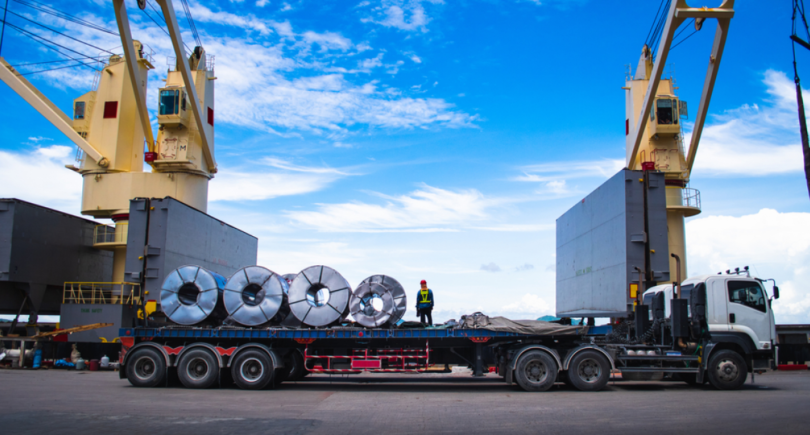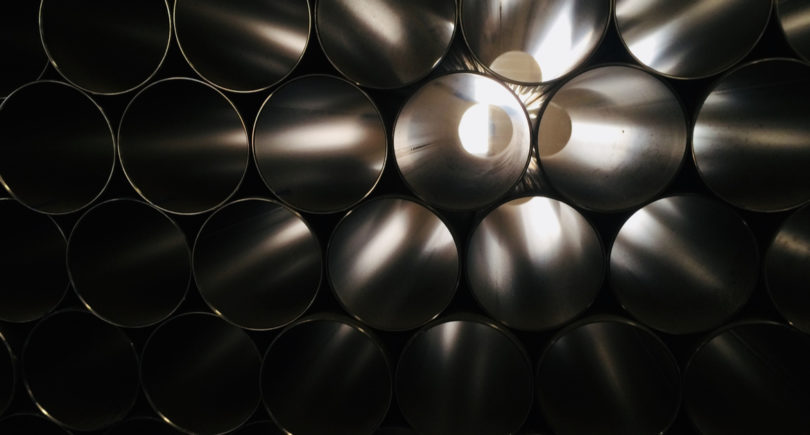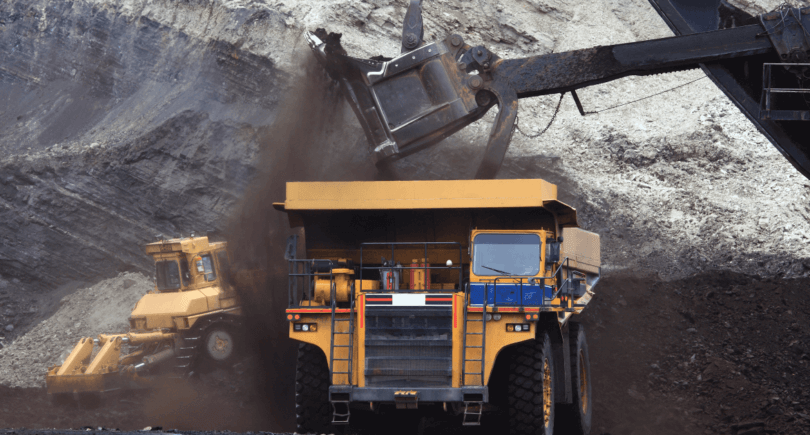
News Global Market protective measures 1064 15 September 2024
The American Iron and Steel Institute has again called for the fight against dumping and circumvention of protective measures
The American Iron and Steel Institute (AISI) insists on updating US trade laws to combat dumping, circumvention and other unfair trade practices. This is stated in the organisation’s statement.
In particular, AISI and about a dozen other steel and related groups recently sent a letter to the US Senate leadership calling for the adoption of the Playing Field 2.0 Act. This legislation should provide the Department of Commerce with the tools necessary to combat the circumvention of US trade laws and unfair trade practices.
According to Kevin Dempsey, President and CEO of AISI, the US anti-dumping and countervailing duty laws have not been updated since 2015. As a result, they are not keeping pace with the efforts of many businesses trying to circumvent and evade the country’s protective measures.
‘In addition, cross-border or ‘transnational’ subsidies – such as those used to subsidise offshore steel production in China under the Belt and Road Initiative – are not clearly addressed by our existing trade remedy laws,’ he added.
Dempsey also sent comments to the Office of the United States Trade Representative (USTR), in which he expressed concern about China’s failure to fulfil its obligations under the World Trade Organisation. The comments emphasise that the country continues to use substantial subsidies and other trade-distorting measures that adversely affect US steel producers.
In addition, AISI submitted comments to the Department of Commerce in support of several proposed changes aimed at improving the administration of anti-dumping and countervailing duty (AD/CVD). In the letter, the organisation once again emphasises the importance of such laws for domestic producers in ensuring legal protection against unfair trade.
In the steel sector alone, there are currently 309 AD/CVD orders against steel products from 45 different countries, which highlights the prevalence of unfair trade in the sector and the importance of full compliance with these rules, Dempsey concluded.
As GMK Center reported earlier, in July, US steel associations supported the introduction of the Prove It Act, which would require the verification of the carbon intensity of products from various sources, including steel.




